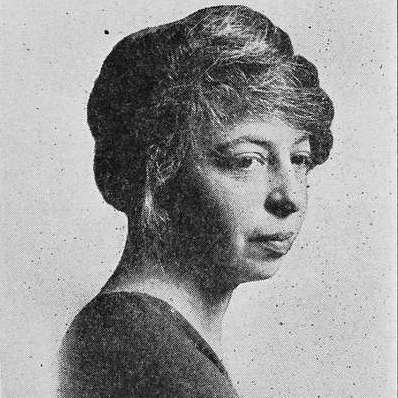I love your hands:
They are big hands, firm hands, gentle hands;
Hair grows on the back near the wrist . . . .
I have seen the nails broken and stained
From hard work.
And yet, when you touch me,
I grow small . . . . . . . and quiet . . . . . .
. . . . . . . . . And happy . . . . . . . .
If I might only grow small enough
To curl up into the hollow of your palm,
Your left palm,
Curl up, lie close and cling,
So that I might know myself always there,
. . . . . . . Even if you forgot.
Published:
1927
Length:
Shorty
Literary Movements:
Harlem Renaissance
Anthology Years:
2024
Themes:
Body & Body Image
Love & Relationships
Literary Devices:
Alliteration
the repetition of the same letter or sound at the beginning of words appearing in succession
Ellipsis
a literary device that is used in narratives to omit some parts of a sentence or event, which gives the reader a chance to fill the gaps while acting or reading it out.
Epistrophe
the repetition of a word or phrase at the end of successive clauses

